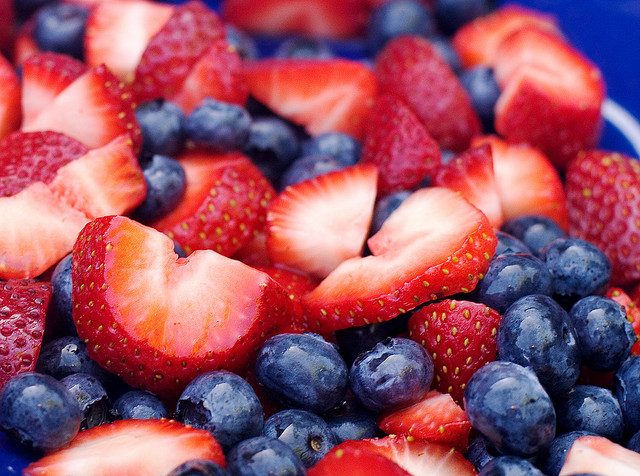Menu
Weight loss
Hormones
Sex
EXPLORE
MEET NU IMAGE MEDICAL
TREATMENTS
MEET NU IMAGE MEDICAL
TREATMENTS
MEET NU IMAGE MEDICAL
6 Foods That Decrease Inflammation And Why You Should Eat Them


Dr. Constance Odom (MD)
11 years ago
/ 7 min read
6 Foods That Decrease Inflammation
Why you should eat foods that reduce inflammation
Avoiding wheat is important for reducing inflammation
Inflammation Fighting Food #1 - Olive Oil
Inflammation Fighting Food  #2 - Berries
Inflammation Fighting  Food #3 - Fatty Fish
Inflammation Fighting  Food #4 - Tart Cherries
Inflammation Fighting  Food #5 - Garlic
Inflammation Fighting  Food #6 - Dark Leafy Vegetables
This article is for informational purposes only and does not constitute medical advice. The information contained herein is not a substitute for and should never be relied upon for professional medical advice. Always talk to your physician about the risks and benefits of any treatment. Nu Image Medical may not offer the medications or services mentioned in this article.
